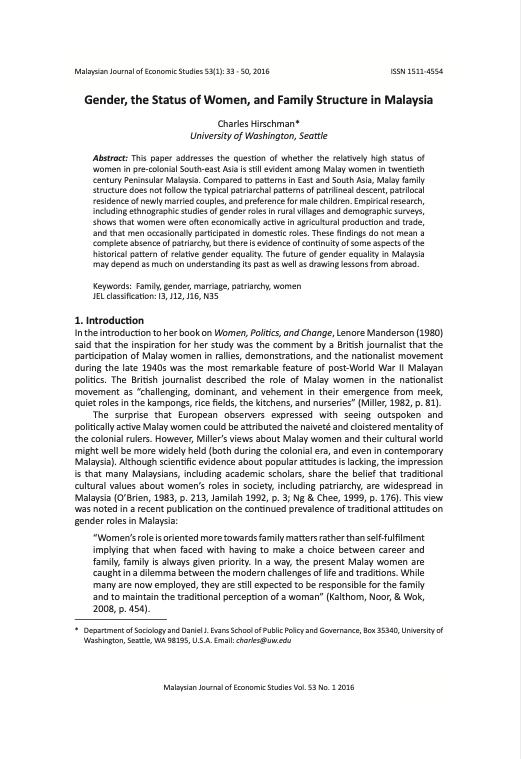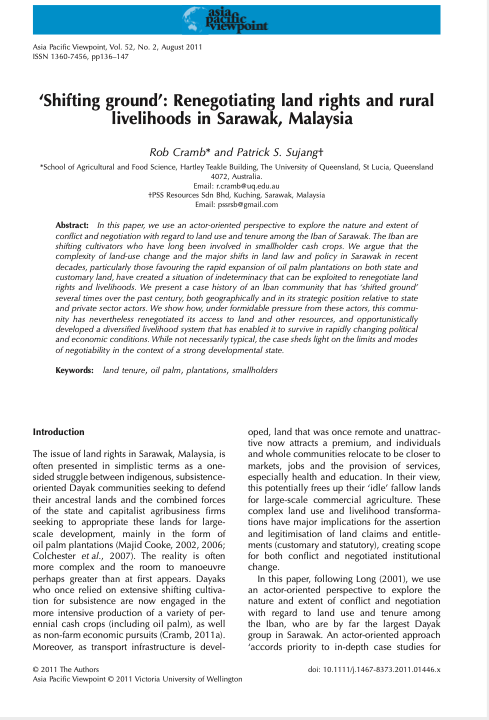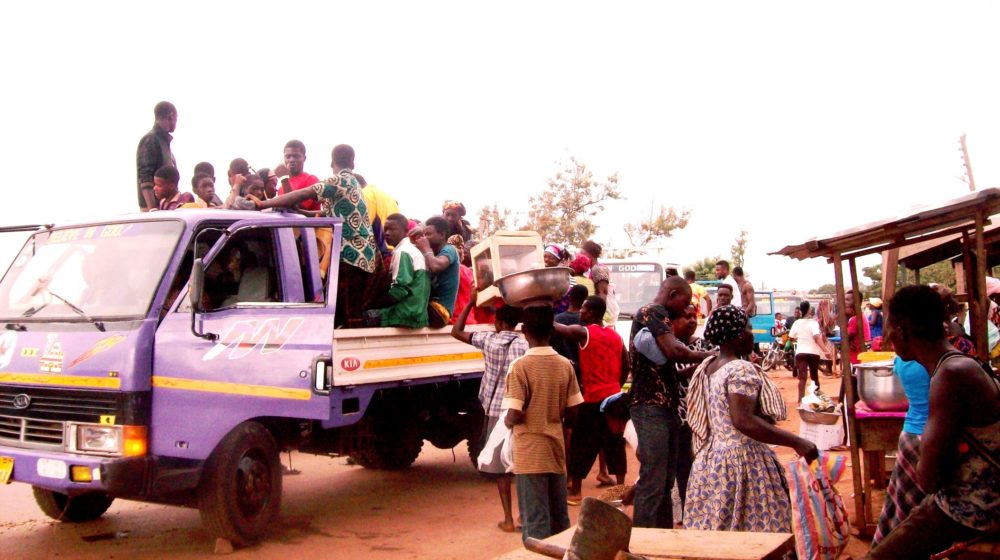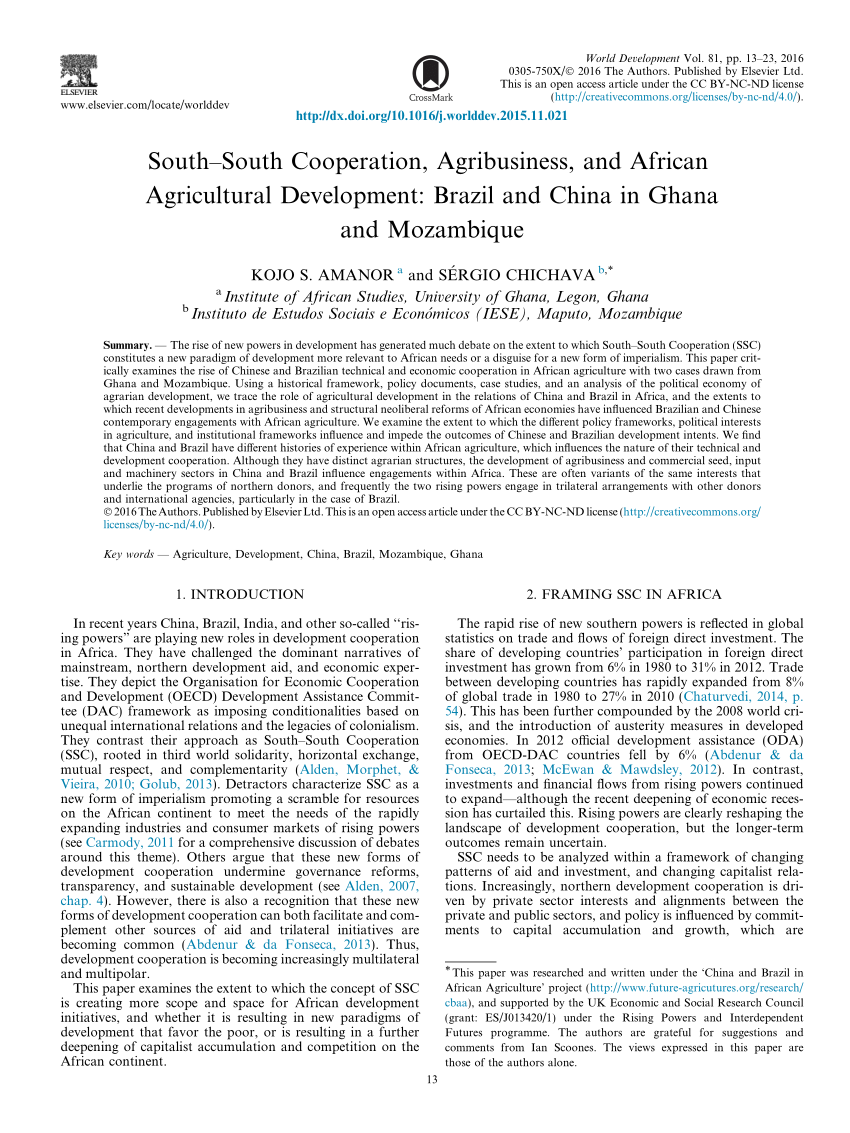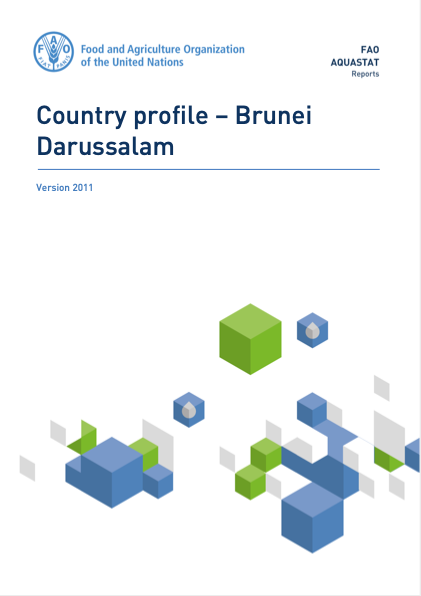Gender, the Status of Women, and Family Structure in Malaysia
This paper addresses the question of whether the relatively high status of women in pre-colonial South-east Asia is still evident among Malay women in twentieth century Peninsular Malaysia. Compared to patterns in East and South Asia, Malay family structure does not follow the typical patriarchal patterns of patrilineal descent, patrilocal residence of newly married couples, and preference for male children.

